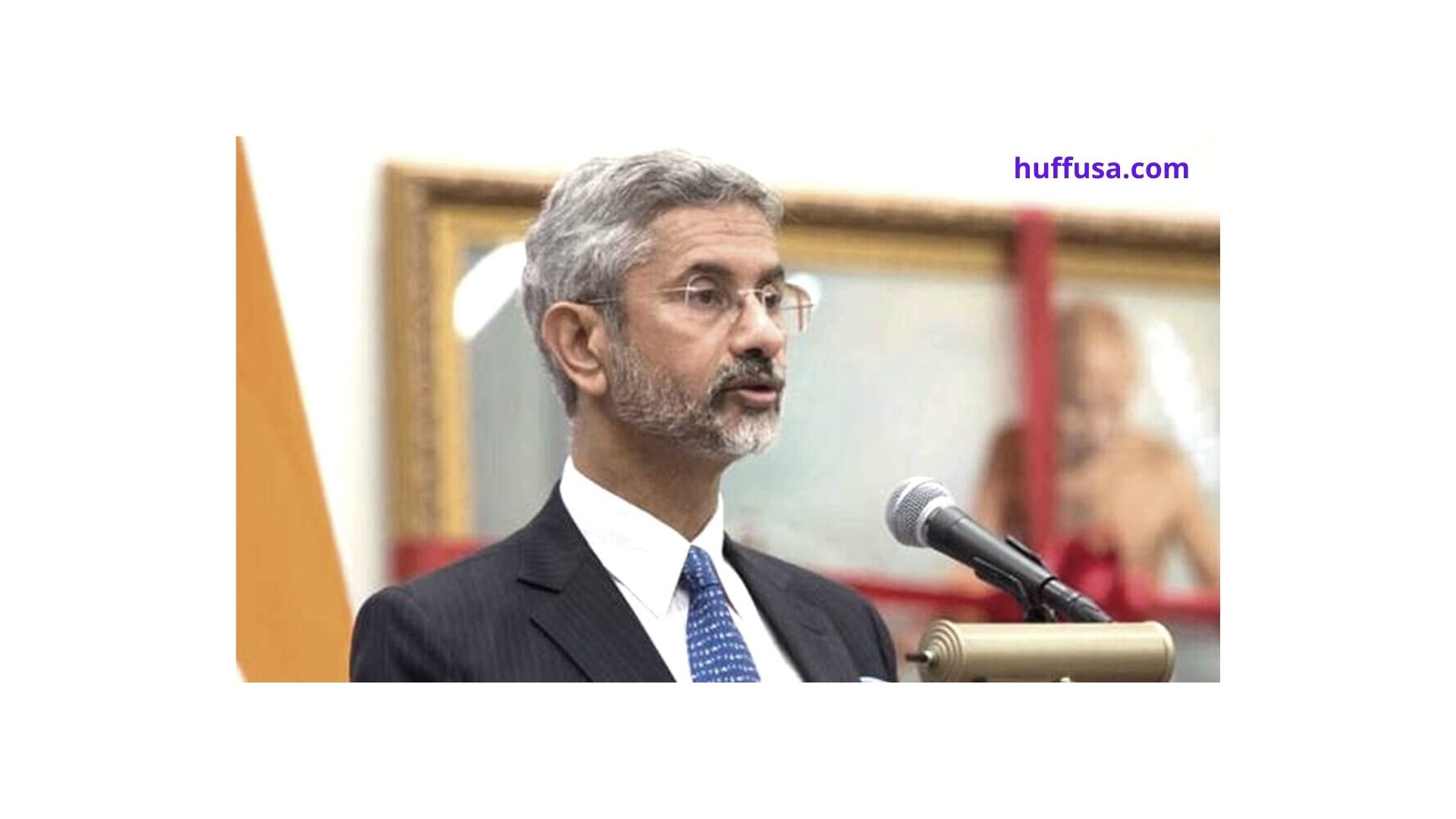The chip crisis turned dire when the coronavirus hit. As demand for electronics was skyrocketing within the spring of 2020, manufacturers warned they were running in need of semiconductors — key components needed to form devices from smartphones to cars.
They had good reasons: within the following months, the shortage forced factories to pack up assembly lines. Tech companies postponed product launches. Computers were delivered months too late.
Worried about the fallout, politicians from Washington DC to Berlin called up chip-manufacturing countries and asked them to assist prioritize orders from their countries.
But there was only such a lot they might do: The chips, which are made by just a couple of firms, are notoriously hard to supply . And there just weren’t enough for everybody .
‘A US-EU partnership’
A year and a half later, the shortage persists — curtailing, for instance , the assembly of latest cars.
That is why manufacturing more chips in Europe and therefore the US are going to be high on the agenda when top US and EU officials gather on Wednesday in Pittsburgh for the primary meeting of the “EU-US Trade and Technology Council” (TTC).
We plan to building a US-EU partnership … to style and produce the foremost powerful and resource-efficient semiconductors,” the White House said during a statement.
Other discussions at the TTC are going to be about arising with principles for AI technology; the way to boost cybersecurity in an increasingly unstable digital world; and the way to push joint technology standards on the international stage.
The meeting are going to be co-chaired by the EU’s digital chief Commission Executive Vice-President Margrethe Vestager and Trade Commissioner Valdis Dombrovskis, also as US Secretary of State Antony Blinken, Commerce Secretary Gina Raimondo, and Trade Representative Katherine Tai.
Far from seeing eye to eye
The chip crisis was an eye-opening moment for policymakers on each side of the Atlantic, illustrating how important access to technology has become for maintaining geopolitical dominance, consistent with conversations with US and EU officials involved in preparing the TTC meeting, who spoke on the condition of anonymity because the talks are confidential.
But finding footing during the two-day meeting won’t be easy.
Not only was the event overshadowed by news that the US had quietly negotiated a security agreement with Australia and therefore the UK, wrecking a multi-billion-euro French submarine deal.
The US and therefore the EU are hostile over the way to regulate new technology for years.
While Brussels is pushing for tough rules, arguing they’re needed to guard the elemental rights of Europeans, Washington has mostly advocated a market-driven, hands-off approach, warning that too many rules could hamper innovation.
Finding a middle ground would help each side , said Marietje Schaake, the policy director at Stanford University’s Cyber Policy Center.
“If the US and therefore the EU worked together better, that might actually be a reasonably strong combination — it might bring the geopolitical strength from the US to the EU, and it might bring the rights-and-freedoms strength from the EU to the US,” said Schaake, who served as a member of the ecu Parliament between 2009 and 2019.
But it does require political agreement — then far, there has not been an excellent meeting of the minds.”
A ‘New Cold War’?
The elephant within the negotiation room is the way to affect China.
In recent years, China’s tech companies have grown into a number of the most important within the world. This has raised concerns within the US that Beijing could soon dominate certain sensitive technologies and use that as a strategic advantage — and it’s prompted some observers to talk of a “New conflict .”
The Biden administration, encouraged by widespread support for a troublesome stance on Beijing back home, has painted the new TTC as a platform where the US and therefore the EU can combine their economic and political might to counter China’s ambitions.
EU officials, meanwhile, are wanting to stress that the new alliance should primarily be about working together, instead of targeting one particular country. The bloc has thus far taken a less confrontational course on Beijing, not least because a number of its 27 member countries have close economic ties with China and remain divided over the way to affect the country.
But Beijing’s increasingly authoritarian leadership style has officials in Washington and Brussels alarmed, said Stormy-Annika Mildner, the chief director of think factory Aspen Institute Germany.
“Both sides feel a greater threat from China, and a greater got to work together,” Mildner said, adding that this might set the TTC aside from previous trans-Atlantic efforts began under George W. Bush or Barack Obama, which all started with similarly grand ambitions for trans-Atlantic cooperation — but eventually led nowhere.
The world around us is simply completely different from some time past ,” Mildner said, “And China is one key reason for that.”
How much can governments really do?
One of the areas where each side hope to shut ranks is that of manufacturing semiconductors. Manufacturing the small chips is extremely complicated. It includes many steps, takes months to finish , and requires factories worth billions.
China has declared it a top national priority to soon run that entire production process on its own territory — something no country can currently do.
That is one among the explanations why US and European officials are watching warily that Chinese-owned firms are buying chip companies round the world.
At the TTC, officials will discuss the way to affect foreign investment within the semiconductors industry. they’re going to also discuss the way to coordinate their own plans for a way the EU and therefore the US can subsided hooked in to global supply chains.




